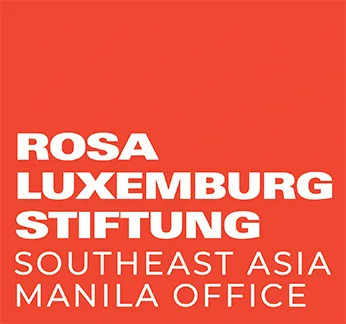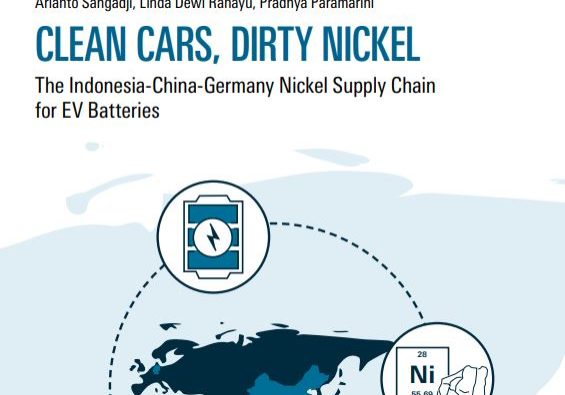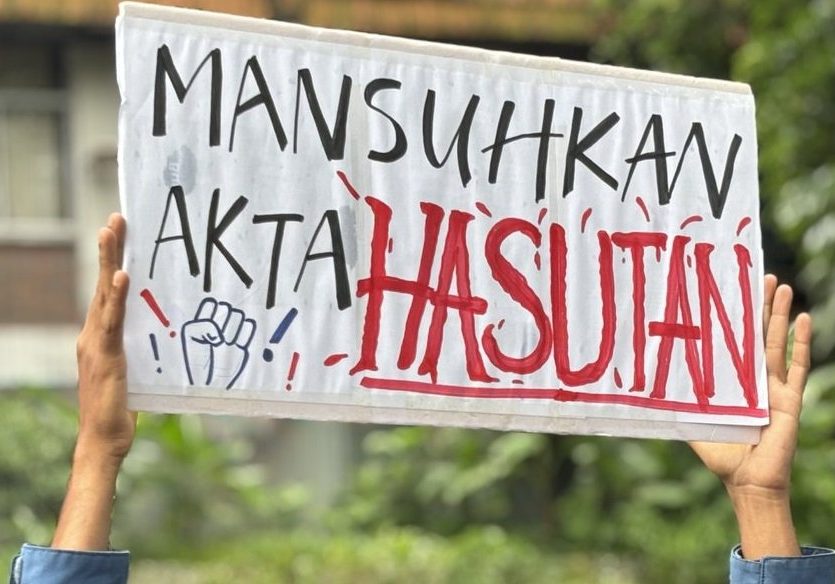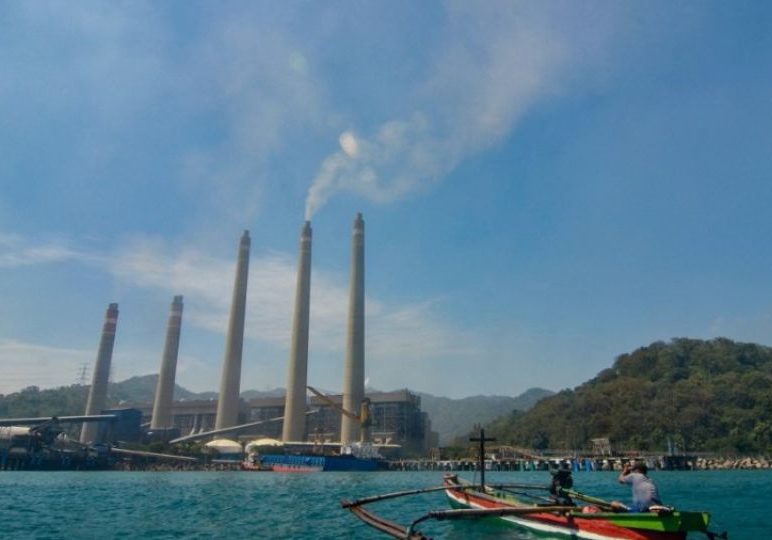Share
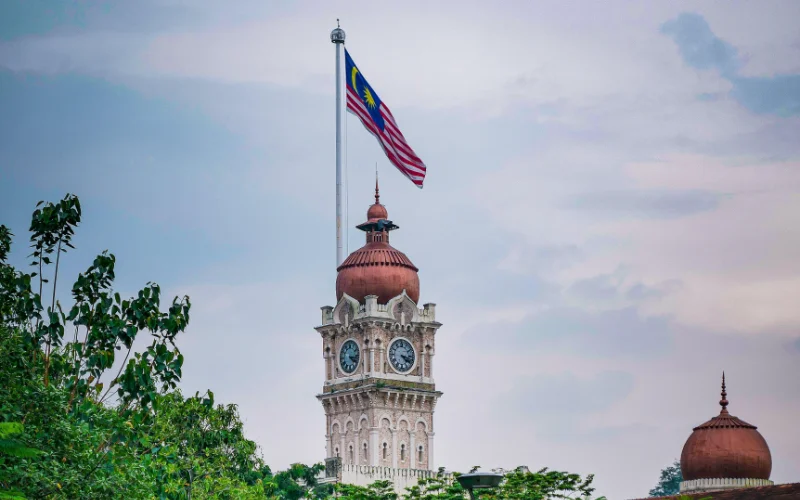
Malaysia’s decolonization and independence narrative is relatively unique in the region of Southeast Asia. Aside from Singapore and Brunei, it is one of the countries that has not experienced armed independence struggle, civil war, the overthrow of a dictator and, broadly, any kind of social revolution.
The brutal suppression of the communist insurgency by the British and the incoming Malayan administration would be a high point of social conflict in the post-World War II era. The next closest event that resembles a social upheaval or transformative change is the 1969 racial riots, the subsequent ‘palace coup’ in United Malay National Organization (UMNO) and the state, and the introduction of the New Economic Policy — a slate of state policies concerning development and affirmative action. These factors — a foreign-sponsored suppression of left-wing forces, an elite-led negotiated post-colonial settlement, and later state formation led by a conservative petty bourgeoisie — introduced significant deviations from conventional trajectories of economic, political and social development, particularly in a post-colonial setting.
